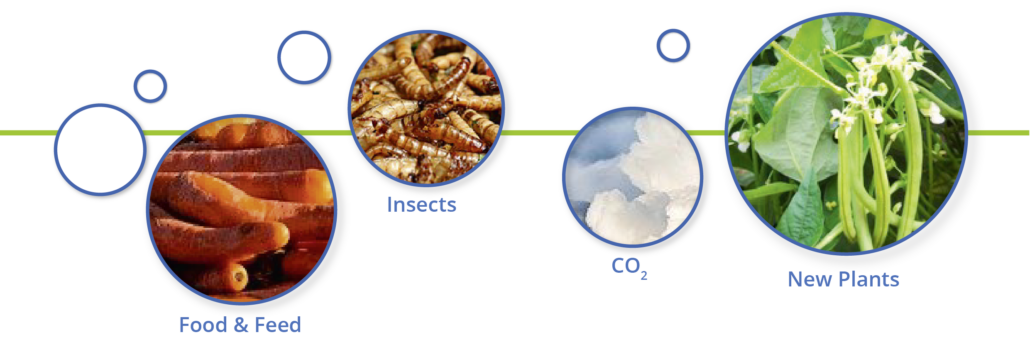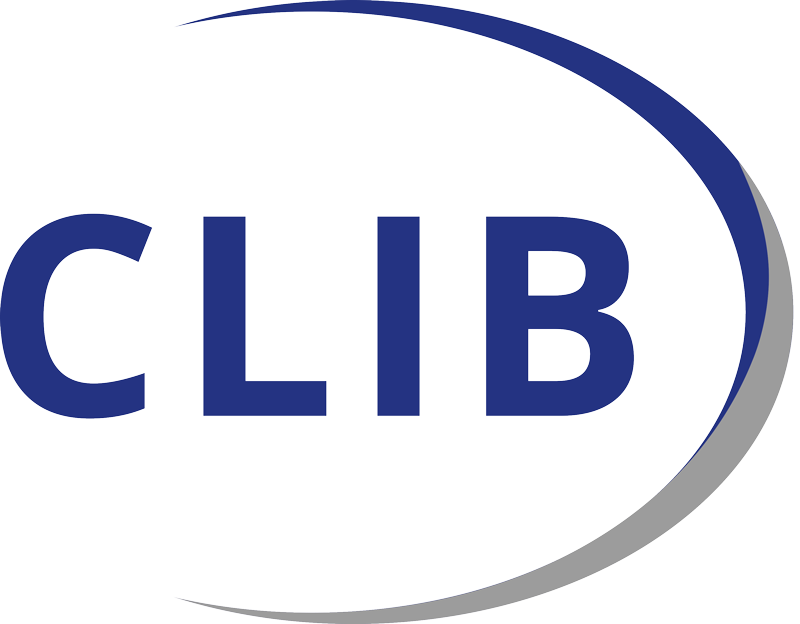 The project Circular-Bio (INTERREG V A – Projekt Netzwerk zirkuläre Bioökonomie) organizes in cooperation with the HiPerIn 2.0 project (High Performance Ingredients) two events about protein transition with the goal to share knowledge through guest speakers, exchange knowledge between participants and create the opportunity for new initiatives and ideas to emerge between different people / companies.
The project Circular-Bio (INTERREG V A – Projekt Netzwerk zirkuläre Bioökonomie) organizes in cooperation with the HiPerIn 2.0 project (High Performance Ingredients) two events about protein transition with the goal to share knowledge through guest speakers, exchange knowledge between participants and create the opportunity for new initiatives and ideas to emerge between different people / companies.
Part 1, online event: The future of alternative proteins – Meeting the experts
Date: 5 April 2022
Time: 03:00 p.m. – 04:30 p.m.
Location: Online
Event Language: English
The first event is all about sharing knowledge. A team of experts will share their knowledge in some major subthemes in Protein – Transition. The webinar is started with a key-note broad introduction of the Protein-Transition in general.
Building bridges beyond borders for a sustainable protein sufficiency |
|
Programme: |
|
| 14:45 | Open to log in |
| 15:00 | Welcome / Start event |
| 15:10 | Jeroen Willemsen, Protein commissioner of The Netherlands – Key Note |
| 15:30 | Change of speaker |
| 15:35 | Theo Verleun, Insect valley Europe – Insects – The contribution of insects to our future diet |
| 15:50 | Change of speaker |
| 15:55 | Prof. Luc J.C. van Loon, Department of Human Biology Maastricht University Medical Centre – Health – Alternative proteins, how do they work? |
| 16:10 | Change of speaker |
| 16:15 | Brad Vanstone – Willicroft, Plant based cheese – Plant proteins and their benefits |
| 16:30 | Change of speaker |
| 16:35 | Peter Rowe – High Tech Proteins / Deep Branch Bio – Revolutionary protein opportunities |
| 16:50 | End of the event |
The link for the online event will be e-mailed to registered visitors one day before the event.
Subthemes:
Health – Alternative proteins, how do they work?
Proteins play a fundamental role in living beings, as they are macronutrients required for the functioning of the body. There are many and various functions of proteins, but how do the different types of proteins behave in the human body?
Insects – The contribution of insects to our future diet
The search for alternative sources of protein continues unabated. A possible protein resource could come from insects. But what exactly is the nutritional composition of these insects and are there additional advantages and/or disadvantages in using insects as a source of protein? Which insects can we use, and how can they be used in feed and / or food?
Plant protein – Plant proteins and their benefits
Protein plants are crops with a high protein content. They can serve as an alternative to animal proteins. The increase in the market demand for vegetable proteins for many products can offer a new opportunity for agriculture. Non-traditional crops can therefore (as rotational crops) be given a chance within the traditional agricultural plan. It is because of the quality of protein crops (leguminous plants, which fix nitrogen from the air) that several positive sustainability effects can be expected (restriction of nitrogen problems, contribution to reducing soya imports, etc.), which can once again contribute to a sustainable business model for the farmer.
Revolutionary proteins – Revolutionary protein opportunities
Next to using crops or insects as new resources for proteins, highly innovative technologies and routes are being developed for extracting and / or winning proteins out a huge variety of sources. Varying from plant-based extraction technologies to unique technologies for producing proteins, even out of CO2.
Please register here for part 2.




